Google's latest Windows desktop app launch lands at a curious crossroads in search. While Apple has been tuning Spotlight since 2005 with Command + Space and four specialized modes, Google is now bringing its AI-powered search to Windows desktops. The timing is no accident. Microsoft is still wrestling with Windows 11's sluggish search — leaving a gap wide enough for Google to walk through.
The market opportunity is obvious. Windows holds roughly 70% of desktop share, yet millions lean on Everything, Listary, and Fluent Search just to find files without waiting. Google is not launching yet another utility, they are going after the habit users repeat dozens of times a day.
What makes Google's Spotlight-style approach so compelling?
Look around and you can see it, Windows users built their own shadow market for search because the default option stumbles. Fluent Search, for instance, does what Windows Search should have done from the start, speed, accuracy, and results that feel intentional instead of lucky.
Fluent Search leans into Microsoft's Fluent Design, translucency, rounded corners, light and dark modes. IIronically, it often looks more native to Windows 11 than Microsoft's own search. When a solo dev ships a more consistent interface than the platform owner, you know there is headroom.
Meanwhile, macOS Spotlight has matured into four clear modes, Applications, Files, Actions, and Clipboard, all reachable with simple shortcuts. From the Actions tab, you can compose email, run system commands, or trigger third-party application integrations without leaving the search box.
Google's opening is straightforward. Blend Spotlight's polish with Google's search brain. Imagine a desktop search that goes beyond filename matches, understands context and document relationships, and surfaces answers to natural language prompts. It runs on the same kind of technology that handles billions of web searches every day.
How Google's AI integration changes the game
Here is where the tech gets interesting. Google's AI Mode in Search uses custom Gemini 2.5 models with query fan-out techniques, breaking complex prompts into subtopics and firing off hundreds of searches at once.
On the desktop, that could unlock searches that actually mirror how we think. Try, "the presentation I was working on last week about Q4 projections that mentions the new product launch", and immediately find the right file. No filename memorization. No folder spelunking. Just intent.
What stands out is how AI Mode already handles long, complex queries with responses that stretch past 500 words and include dozens of citations. Translate that to local search and you get discovery that weighs content, creation context, related projects, and even email threads that reference the file.
The scaffolding is already in place. With AI Mode rolling out broadly in the US, Google has proven it can scale AI search. Bringing that power to the desktop feels like engineering, not a moonshot.
Why Windows users desperately need this solution
The Windows search problem runs deeper than a sluggish progress bar. Microsoft supports five different file systems compared to macOS's two, which adds complexity that bleeds into performance and reliability.
Third-party tools each patch a different leak. Listary leans on Smart Ranking that learns what you open. Everything is all about raw speed with lightweight Win32 styling and real-time indexing. Even Microsoft tacitly nods at the problem with PowerToys Command Palette, essentially an admission that Windows Search needs a rethink.
Each option scratches an itch. None delivers the full, intelligent experience Google could bring. The fragmented scene actually proves the demand, plenty of people want better search, but no one has captured it at scale because no one else has Google's foundation.
And the audience is primed. Power users already love keyboard shortcuts, happily install utilities, and are frustrated enough to switch. That is the crowd most likely to try a Google-powered desktop search on day one.
The bigger picture: search ecosystem evolution
This story is bigger than faster file lookups. It is about the layer that controls how we access information, everywhere. Google's AI integration has already nudged behavior, zero-click searches rose by 2.23% while website clicks slipped from 42.99% to 40.76%.
Users are getting comfortable with direct answers instead of link hunts. Google's desktop app is the natural next step, that same context-aware access applied to local files and apps.
Competition will be fierce. Microsoft is testing an "AI Search" mode in Bing with Copilot integration, complete with clean interfaces and conversational follow ups. The challenge, defend Windows turf while going toe to toe with Google's search stack.
Google's desktop strategy puts them closer to daily workflows at the operating system level, potentially the most valuable real estate in computing. If users turn to Google for file discovery, document search, and app launching, those touchpoints ripple into everything else they do.
Bottom line, this is Google planting a flag in Microsoft's backyard while finally giving Windows users the search experience they have asked for. Frustrated users, proven AI, and the strategic weight of desktop search add up to serious disruption. My bet, people will switch the moment it feels faster and smarter, and Google will quietly become part of their muscle memory.




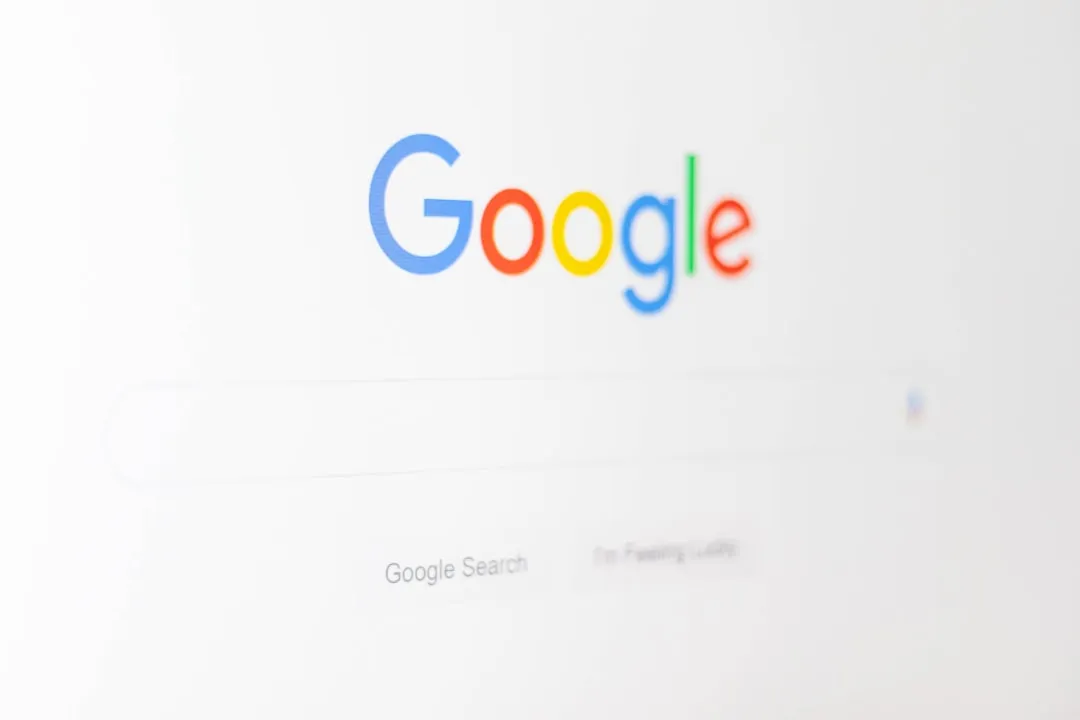
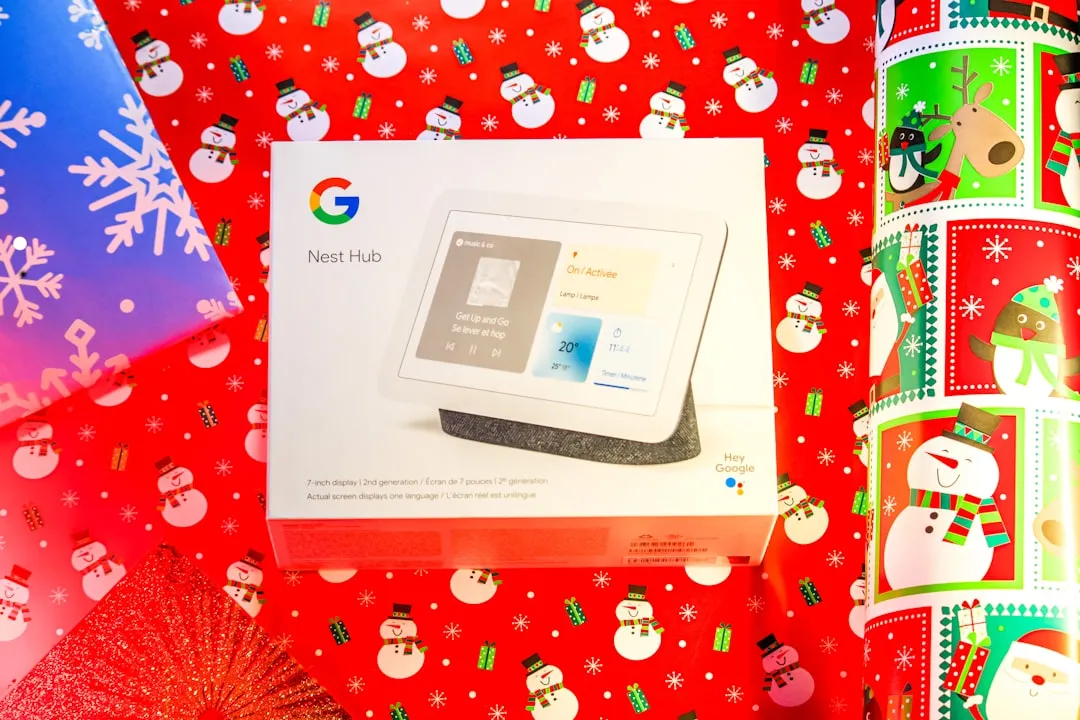

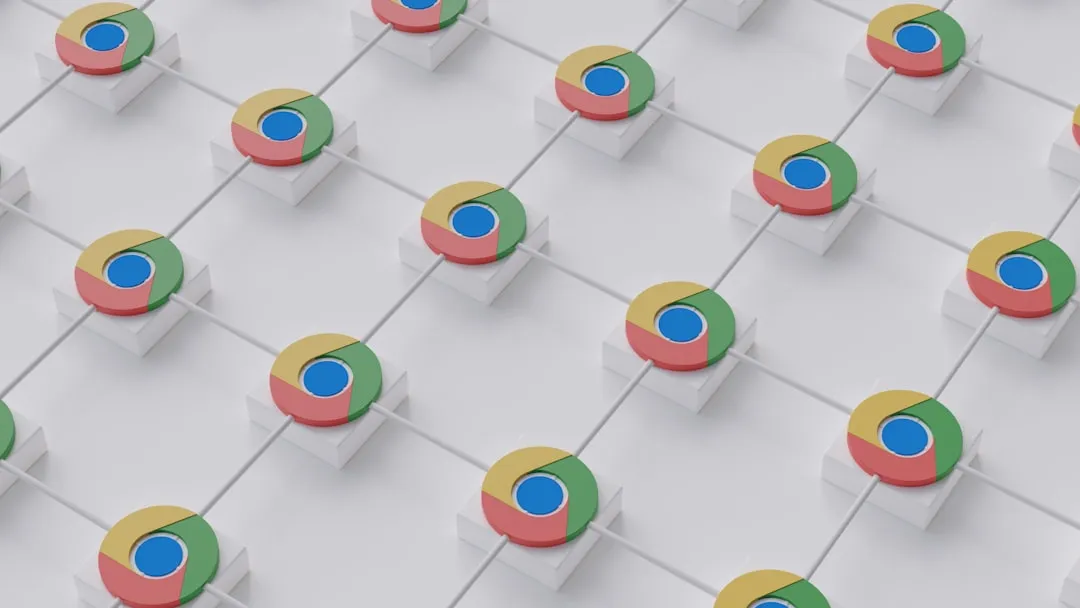
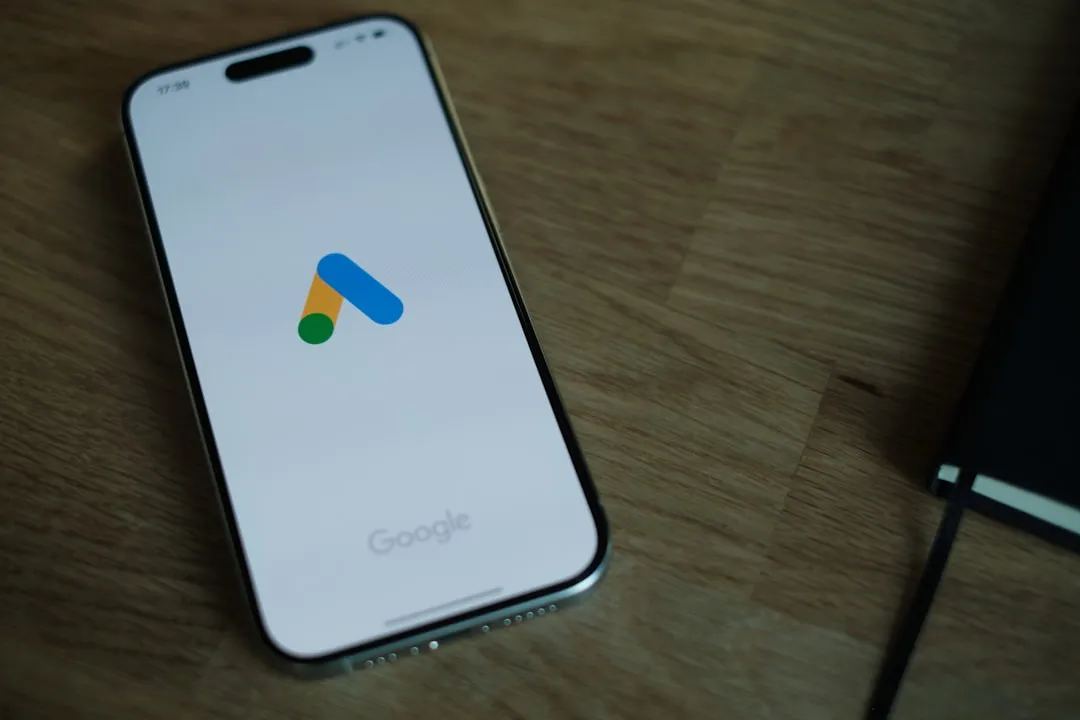

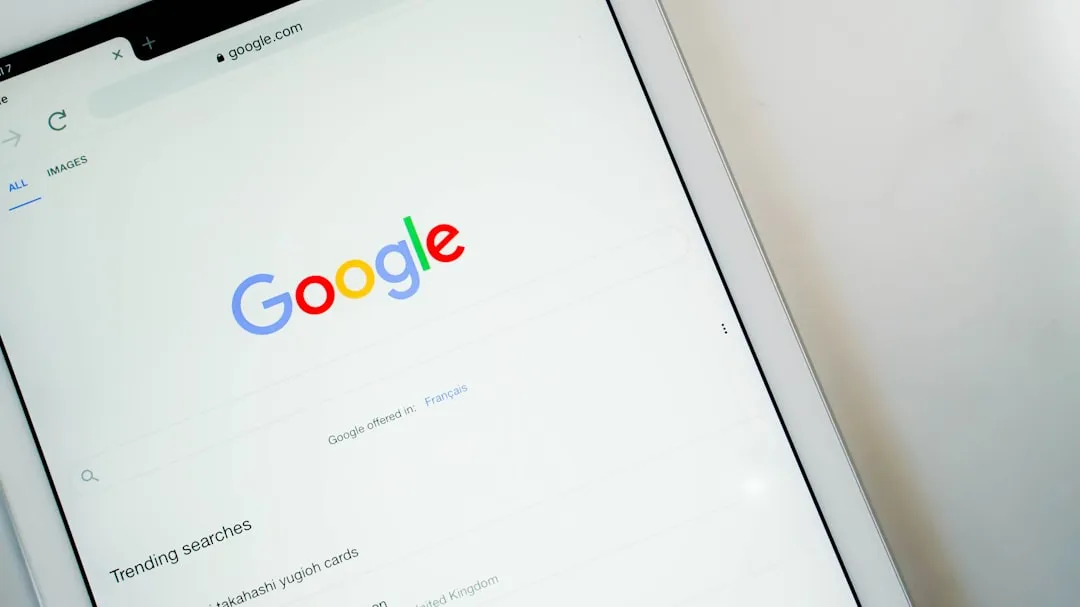
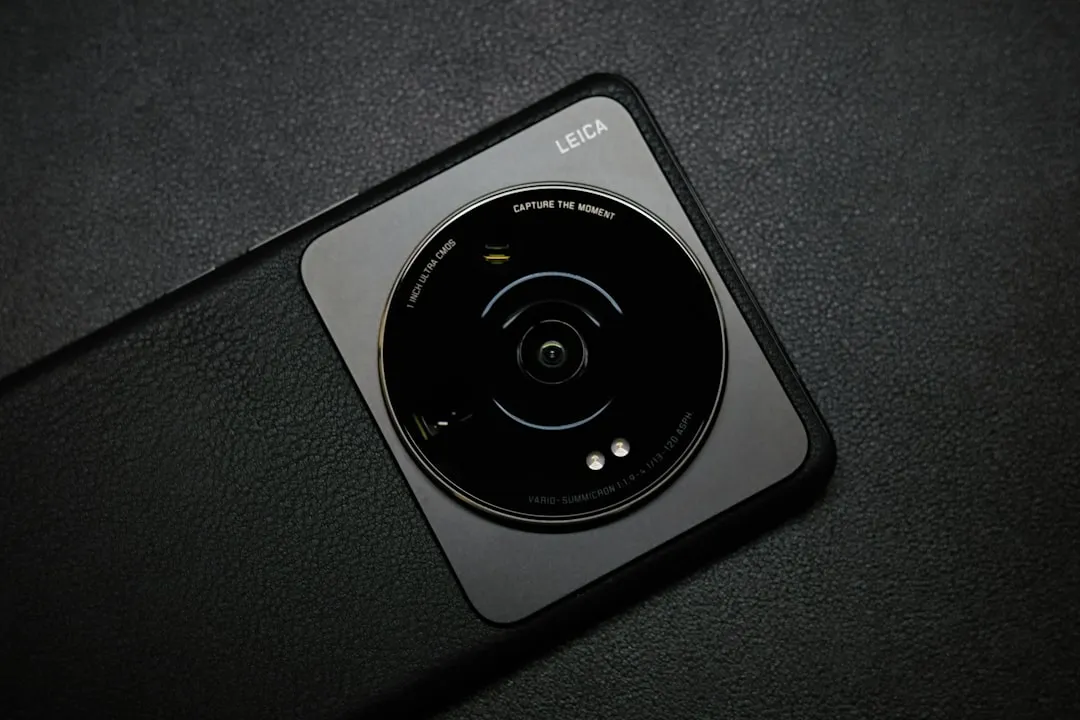
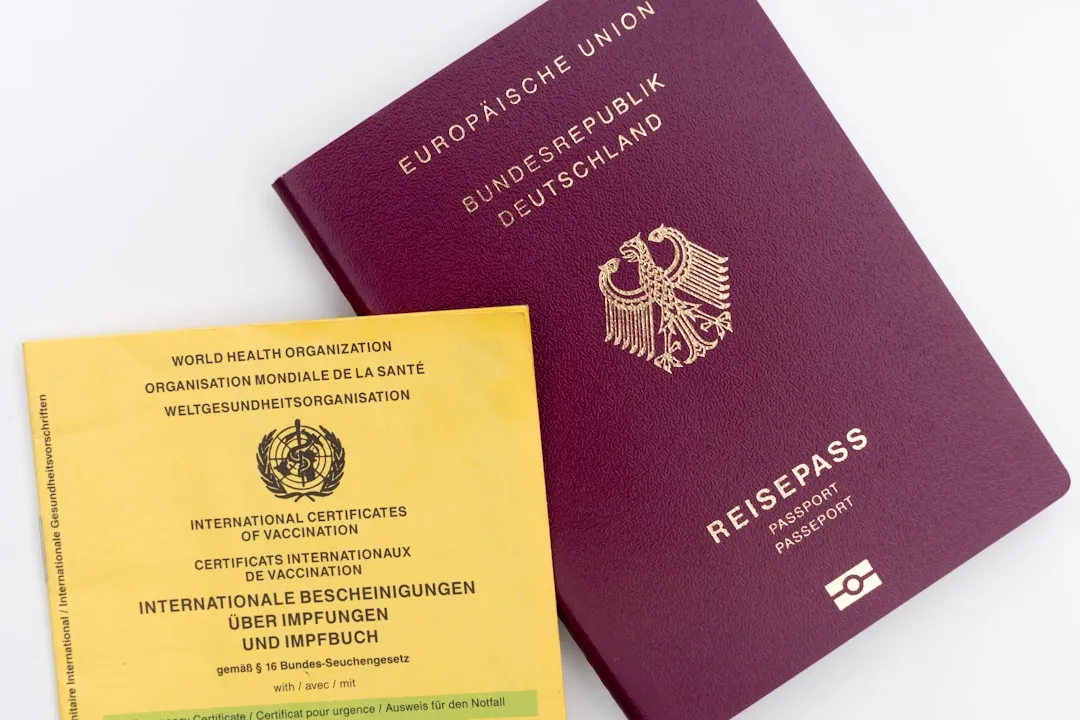
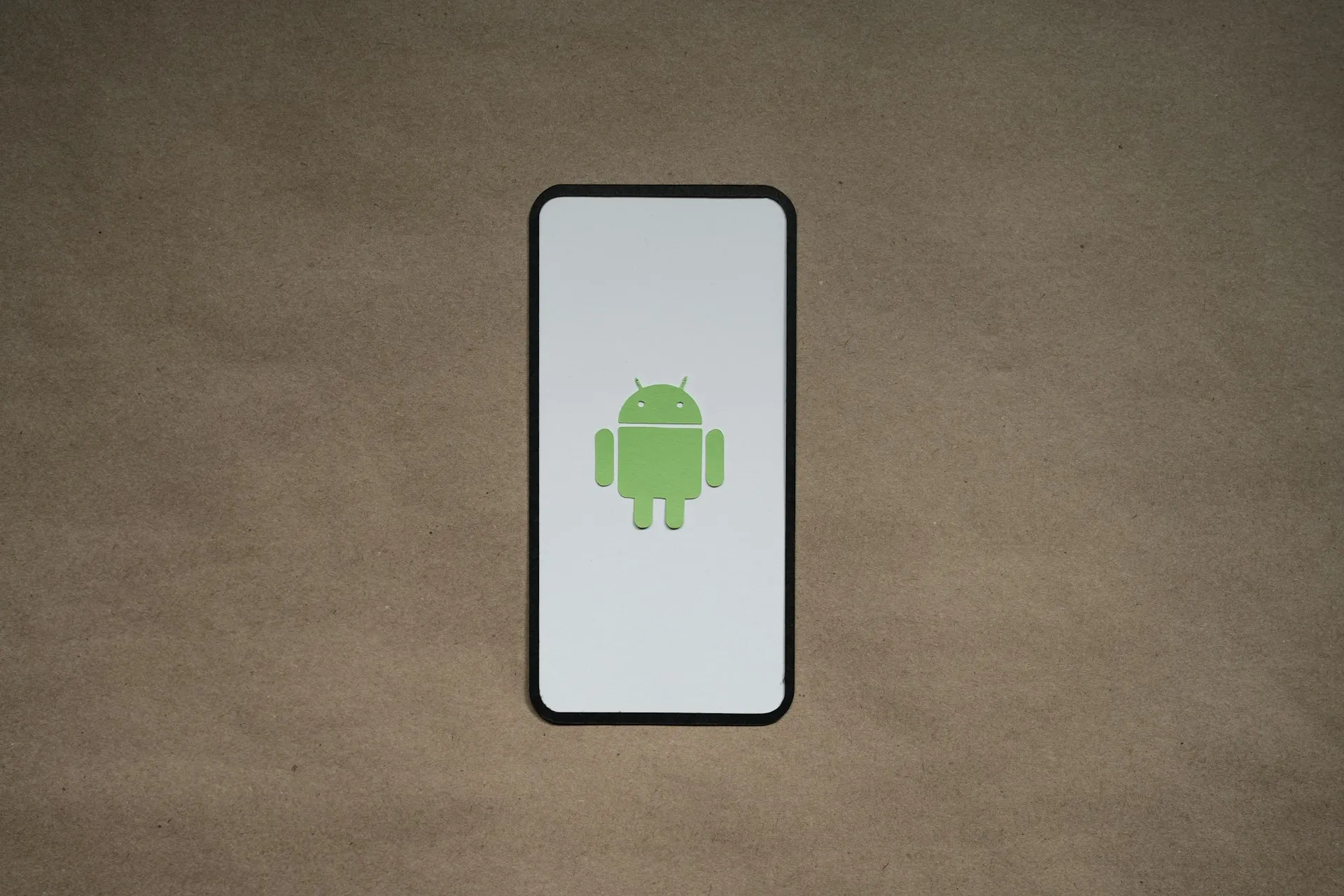

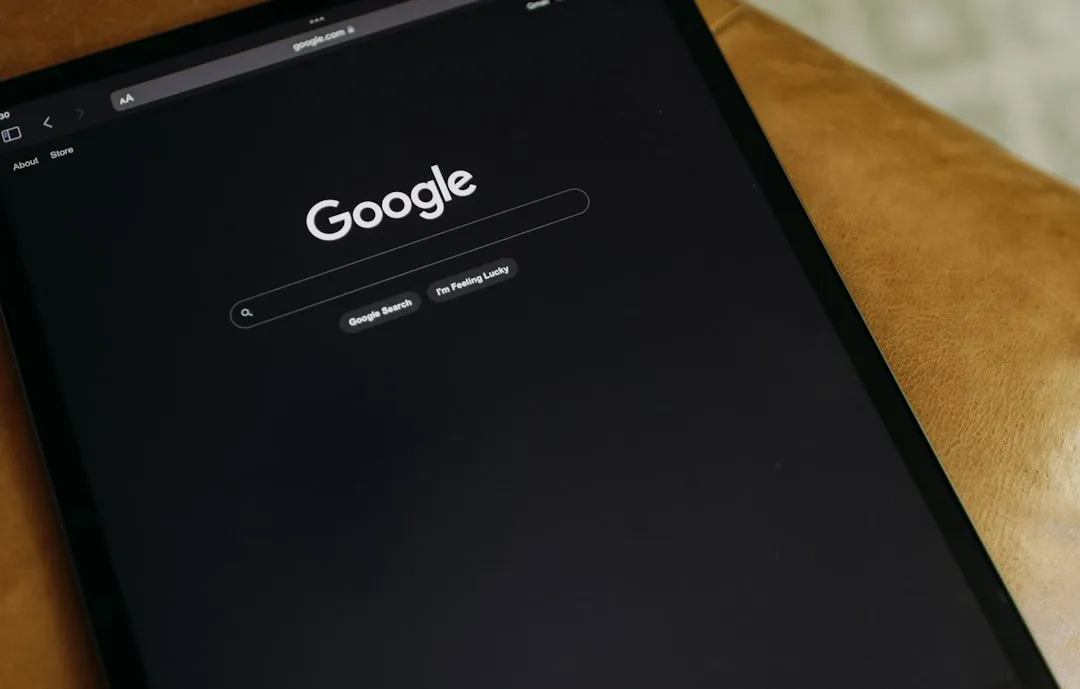







Comments
Be the first, drop a comment!